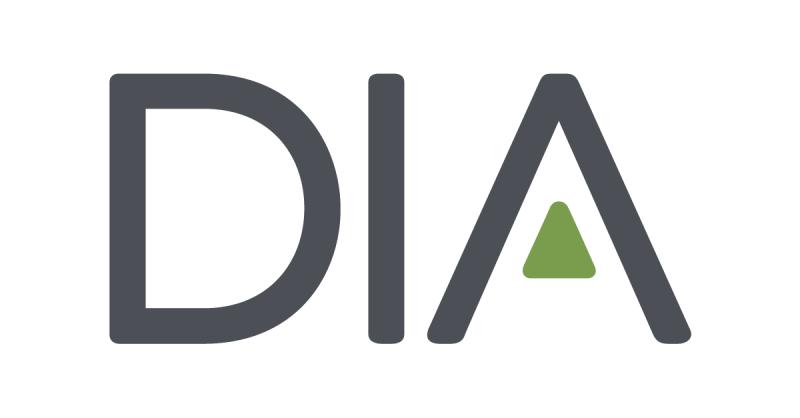Author: Omer Dror, CEO & Co-Founder
When founding Lynx.MD, I was constantly haunted by the questions: How can data help bring truly impactful treatments to market faster while ensuring their long-term success and positive outcomes? How do we leverage data to accelerate progress in healthcare? I naturally believe the answer lies in the data, but what I’ve come to know is that in many cases, pulling together real-world data (RWD) from seemingly disparate fields like dermatology, gastroenterology, and otolaryngology can tell a more accurate story.
The Immunological Connection: Why These Fields Hold the Key
The success of this approach lies in the surprising interconnectedness of chronic illnesses, revealing a common thread – immunology and the resulting inflammation. Disruptions in the immune system play a significant role in the development of conditions like psoriasis, inflammatory bowel disease (IBD), and chronic rhinosinusitis (CRS). This overlap presents a golden opportunity: by collecting longitudinal RWD – patient data gathered over an extended period – we can identify shared biomarkers and treatment targets across these conditions.
The Financial Burden of Autoimmune Diseases
The economic impact of autoimmune diseases is staggering. According to the American Autoimmune Related Diseases Association (AARDA), the annual direct healthcare costs associated with autoimmune diseases exceed $100 billion in the United States alone. This figure likely underestimates the true cost, as it only accounts for seven of the more than 100 known autoimmune diseases. When considering all autoimmune conditions, the total annual cost could potentially reach $300 billion.
Let’s break down the costs for some specific autoimmune and allergic/inflammatory conditions:
- Rheumatoid Arthritis (RA): The annual direct cost of treating RA in the US is estimated at $10.9 billion, with indirect costs totaling $8.4 billion. Some studies suggest the total cost could be as high as $16 billion to $47.6 billion annually.
- Psoriasis: With approximately 9 million affected individuals in the US, the annual cost of psoriasis treatment ranges from $51.6 to $63.2 billion. Monthly costs for topical treatments can average upwards of $600, while annual biologic costs can range from $40,000 to $50,000 per patient.
- Multiple Sclerosis (MS): The estimated annual cost for MS treatment in the US is $63.3 billion.
- Add ibd, asthma
Beyond the Finish Line: The Untapped Value of Post-Approval RWD
The traditional drug development model often overlooks a crucial phase: what happens after a drug receives FDA approval? This is where RWD shines. Here’s why:
Unveiling the Real-World Picture: Clinical trials offer a controlled environment, but they don’t capture the complexities of real-world use. RWD paints a more holistic picture, revealing how patients respond to treatments in their everyday lives, including potential side effects and long-term efficacy.
Precision Medicine Takes Flight: Imagine tailoring treatment plans not just to a primary condition, but to a patient’s unique profile across specialties. Diverse RWD empowers this kind of personalized approach, potentially leading to improved outcomes and reduced healthcare costs.
The Economic Impact of Early Diagnosis and Treatment
Early diagnosis and treatment of autoimmune diseases can significantly reduce healthcare costs. For example, studies have shown that RA patients miss an average of 7.92 work days per year compared to 4.34 days for individuals without RA. By identifying and treating these conditions earlier, we can potentially reduce both direct medical costs and indirect costs associated with lost productivity.
Turning the Tide: Overcoming Challenges
Of course, there are challenges. Integrating data across specialties, ensuring patient privacy, and utilizing notes that contain crucial insight into the patient experience, disease severity, and clinical outcomes require focused efforts. However, the potential rewards far outweigh the hurdles.
The Future is Connected: Seizing the Opportunity
By embracing RWD we can unlock a new era of post-approval success. Imagine a future where data is used for precision targeting of patients most likely to respond to a given treatment and clinical pathways are continuously refined based on real-world data, leading to better patient outcomes, less switching of treatments, and reduced cost. This is the power of connecting data, and those who recognize its potential will be at the forefront of the next wave of medical innovation.
The call to action is clear: Let’s leverage the power of RWD to bridge the gap between approval and long-term success. Together, we can ensure that our innovations not only reach the market faster but also deliver on their promise to improve patients’ lives in the long run while potentially reducing the enormous financial burden of autoimmune diseases on our healthcare system.
Reference Sources
General Cost of Autoimmune Diseases: The American Autoimmune Related Diseases Association (AARDA) reports that the annual direct healthcare costs associated with autoimmune diseases exceed $100 billion in the U.S. This figure is likely an understatement, as it only accounts for seven of the more than 100 known autoimmune diseases, with the total costs potentially reaching $300 billion annually.
Rheumatoid Arthritis (RA): The direct cost of treating RA in the U.S. is estimated at $10.9 billion, with indirect costs totaling $8.4 billion. Some estimates suggest that the total cost could range between $16 billion and $47.6 billion annually.
Psoriasis: The annual cost of psoriasis treatment is estimated to range from $51.6 billion to $63.2 billion. Monthly costs for topical treatments can average upwards of $600, while annual biologic treatment costs range from $40,000 to $50,000 per patient.
Multiple Sclerosis (MS): The estimated annual cost for MS treatment in the U.S. is approximately $63.3 billion.
Economic Impact of Early Diagnosis and Treatment: Studies have shown that patients with RA miss an average of 7.92 workdays per year compared to 4.34 days for individuals without RA, highlighting the indirect costs associated with lost productivity.



